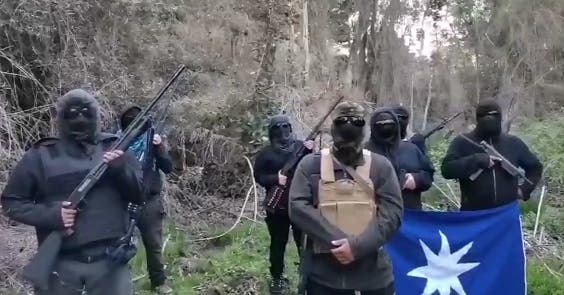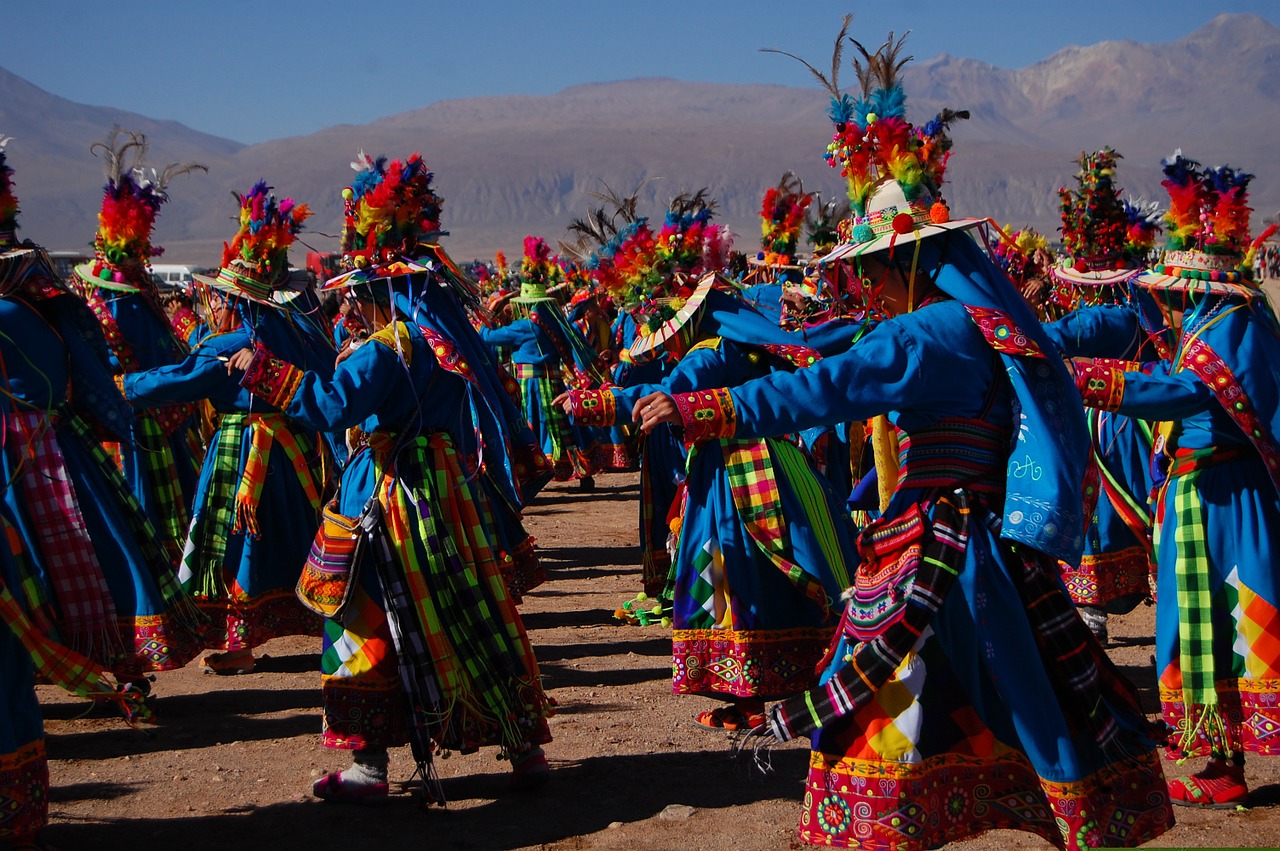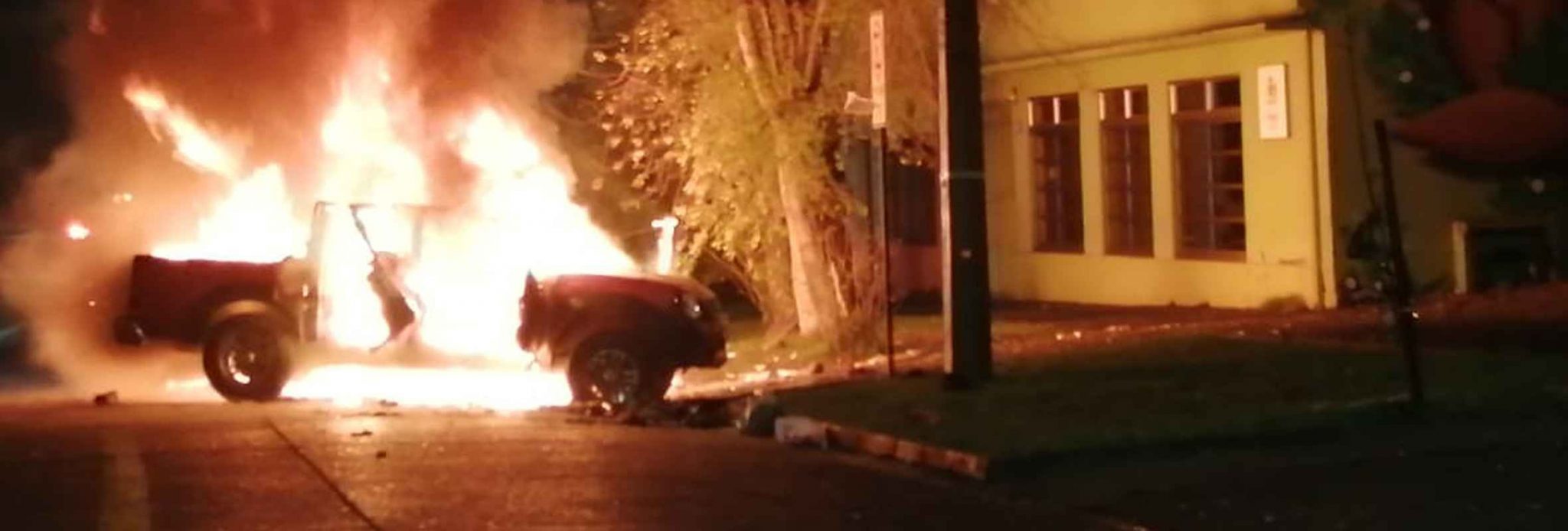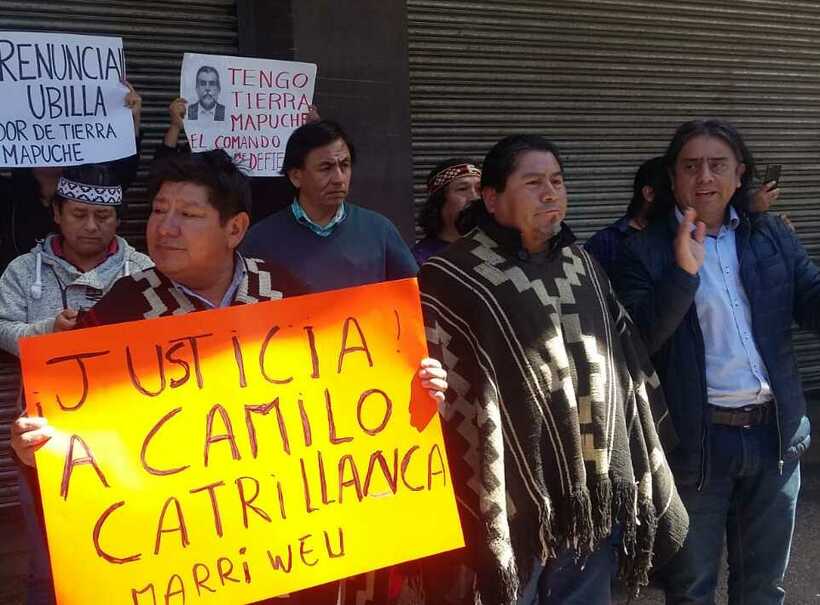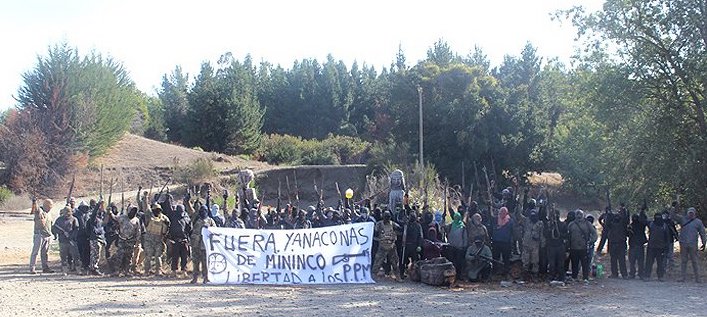
Chile: Boric faces Mapuche challenge
Gabriel Boric, a young leftist lawmaker and former student protest leader from Punta Arenas, is celebrating his victory in Chile’s presidential run-off election. He was the candidate of a new coalition that came together to press for progressive reforms under Chile’s new constitution. The constitutional redrafting process was set in motion by incumbent President Sebastian Piñera in response to a wave of popular protest two years ago. But Boric will face an immediate challenge from the mounting armed resistance movement of the Mapuche indigenous people in Chile’s south. Following his victory, the group Lavkenche Mapuche Resistance issued a statement claiming responsibility for arson attacks on trucks and equipment of timber and mining operations on traditional indigenous lands. The statement said: “The struggle will not cease. Neither with Piñera nor with Boric.” (Photo via Twitter)



